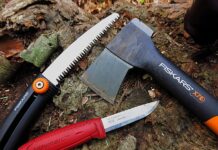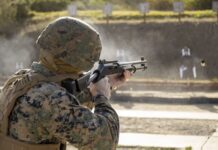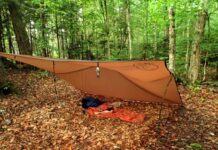People have been carrying guns in their pockets for as long as there have been pockets.
In the early 20th Century, the iconic Fitz Special was purpose-built to be a pocket gun.
These days, many people still look to revolvers for their pocket carry considerations.
The challenge is that many modern-day pants pockets aren’t quite as suited to accommodating a firearm as they were in the past. I tried making the J-frame work as a “pocket gun,” but in anything other than baggy, oversized pants, it just looked too obvious for me.
Going back and looking over the history of pocket guns (mostly Forgotten Weapons videos and podcasts featuring Darryl Bolke), most of the trends I saw with pocket guns were that they were being carried in jackets, as opposed to pants. Outerwear is a lot more forgiving since it’s generally not as fitted, and made of heavier materials.
When I opt for pocket carry, it’s generally because I need something lower profile. Because of that, I’ve found that flatter guns (LCP size/profile) tend to work better in those applications.
I spent too long trying to cram a round peg into a flat hole before I stepped back and evaluated things.



